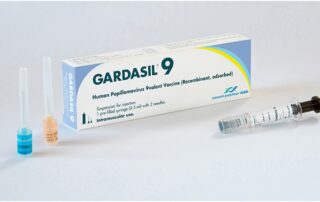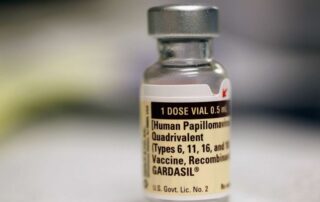Oral cancer awareness poster for dental practices
Source: www.dentistryiq.com Author: staff Eva Grayzel was diagnosed with stage IV oral cancer in her thirties. She survived and went on to develop the Six-Step Screening and speak about her experience around the United States. Learn more about her experience and its relevance to dental professionals here. The poster can be downloaded here.



